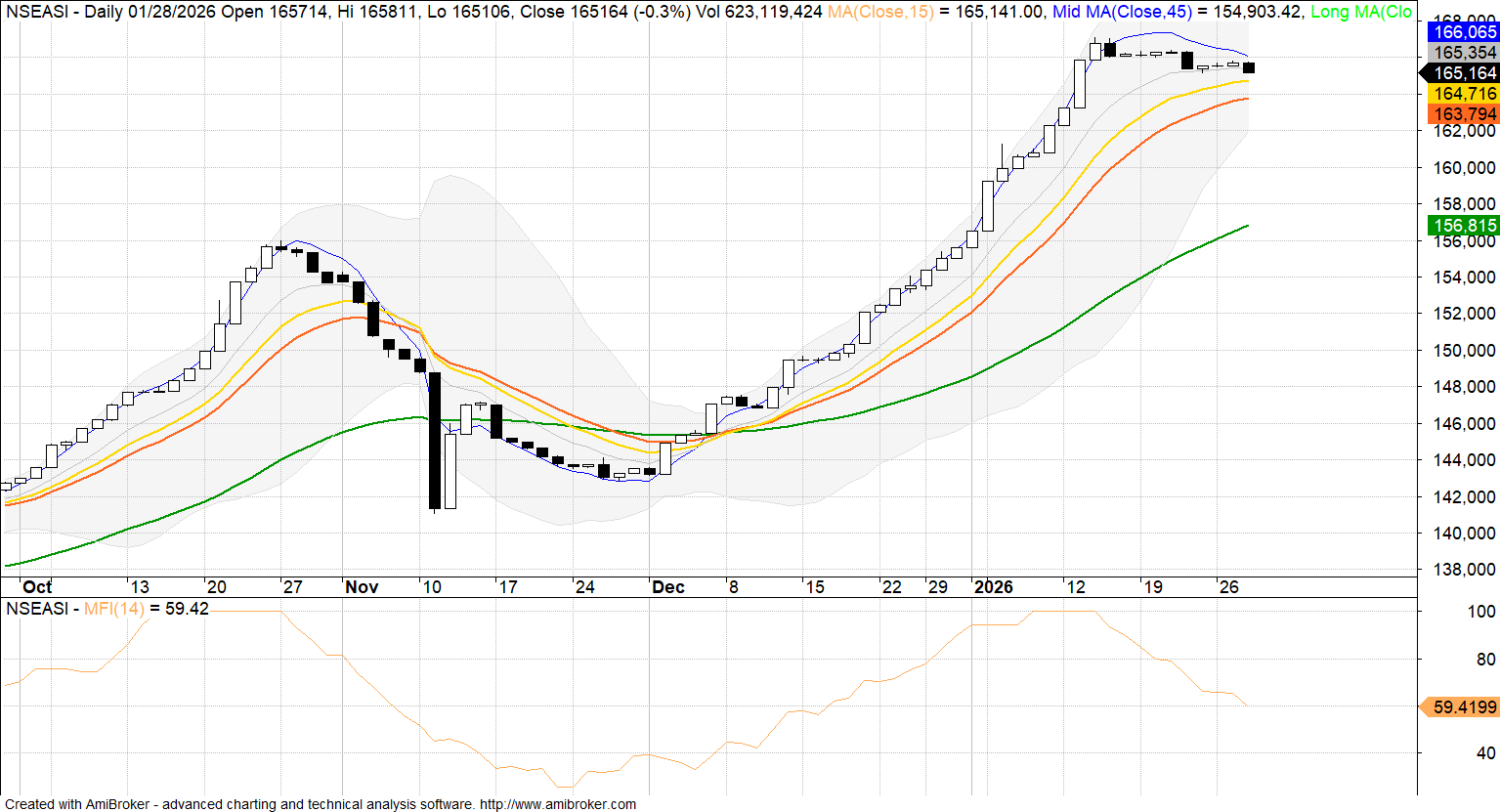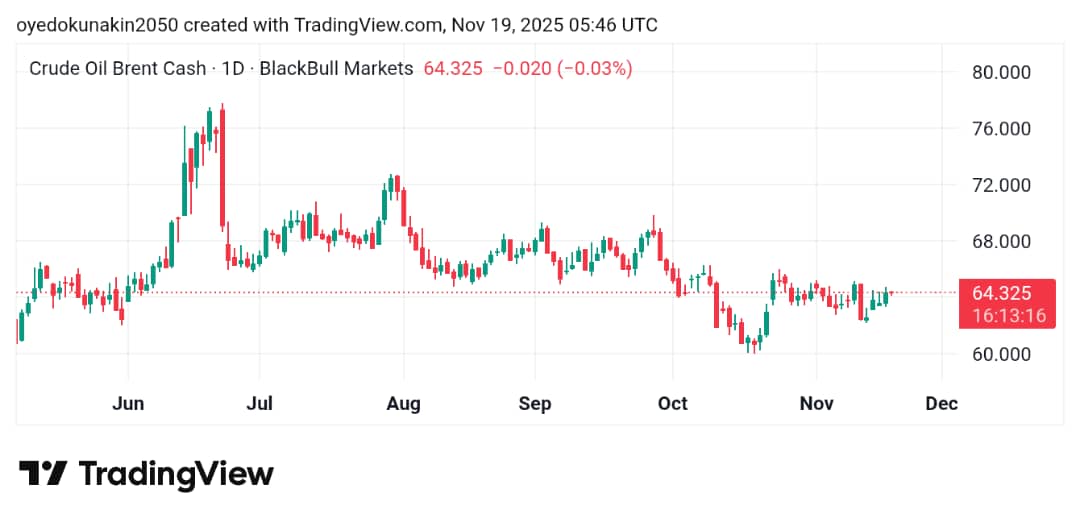
Akintunde Oyedokun
Research Analyst
Crude prices slipped on Friday in quiet holiday trading, with Brent down 0.7% to $68.30 and WTI falling 0.75% to $66.50, as attention turned to Saturday’s OPEC+ meeting where an output increase is expected.
Despite the decline, both benchmarks closed the week higher. Market sentiment was cautious amid profit-taking and renewed concerns over U.S.-Iran nuclear talks, which could boost global supply.
Trade tensions between the U.S. and EU also resurfaced, while Barclays raised its 2025 Brent forecast to $72 on stronger demand outlook.
Japan Sees Sharp Rise In May Consumer Spending Amid Trade Tensions
Japan’s household spending surged 4.7% in May, the fastest growth since August 2022, fueled by higher outlays on cars and dining. Monthly spending also rose 4.6%, beating forecasts and pointing to a potential recovery in consumer activity.
Officials credit recent strong wage hikes—the highest in 34 years—for supporting spending. However, concerns remain as U.S. President Trump’s tariff threats on Japanese goods cast uncertainty over trade, wages, and the Bank of Japan’s path to raising interest rates.
Canada’s Services Sector Shrinks For 7th Month As Trade Fears Mount
Canada’s services sector contracted more deeply in June, with the S&P Global Services PMI dropping to 44.3 from 45.6 in May, its lowest in seven months. U.S. trade policy uncertainty continued to dampen demand, especially for exports, while rising input costs added pressure. The Composite PMI fell to 44.0, signaling wider economic weakness. Although firms hired more staff, the focus was on part-time roles amid rising labor expenses. Business confidence weakened, with the Future Activity Index falling to a four-month low of 54.9.
Guinea’s Bauxite Exports Hit Record As Chinese Demand Outpaces Mining Crackdown
Guinea’s bauxite exports rose 36% to a record 99.8 million tons in the first half of 2025, driven by strong Chinese demand despite a regulatory clampdown that halted several domestic mining operations.
Chinese-controlled companies led exports, with SMB shipping 31.2 million tons. China’s aluminum production grew 4% to 18.59 million tons, pushing its bauxite needs higher. Guinea’s port expansion also boosted capacity, with Dapilon/Katougouma and Kokaya handling over half of total shipments.
As the world’s second-largest bauxite producer, Guinea is on track to surpass 199 million tons this year, deepening reliance on China while facing pressure to add local refining capacity.
Nigeria’s Power Generation Rises 11% In Q1 2025 On Stronger Thermal, Hydro Output
Nigeria’s electricity generation rose by 10.92% in Q1 2025, reaching 10,304.47 GWh, up from 9,289.95 GWh in Q4 2024, according to NERC. The improvement was driven by increased operational capacity of thermal and hydropower plants, with hourly generation rising 13.39%.
Nineteen power plants ramped up output, led by thermal stations. Delta_1 contributed the most (157.58 MWh/h), followed by Geregu_2 (71.95 MWh/h), Egbin_1 (68.20 MWh/h), and Afam_2 (68.03 MWh/h). Sixteen of the 23 thermal plants posted gains.
Hydropower also improved slightly, adding 54.93 MWh/h, with Zungeru_1 leading at +23.55%, followed by Shiroro_1 (+12.21%) and Kainji_1 (+4.80%).
The increase reflects gains in plant maintenance and grid management, though fuel supply, equipment issues, and high operating costs remain challenges.












